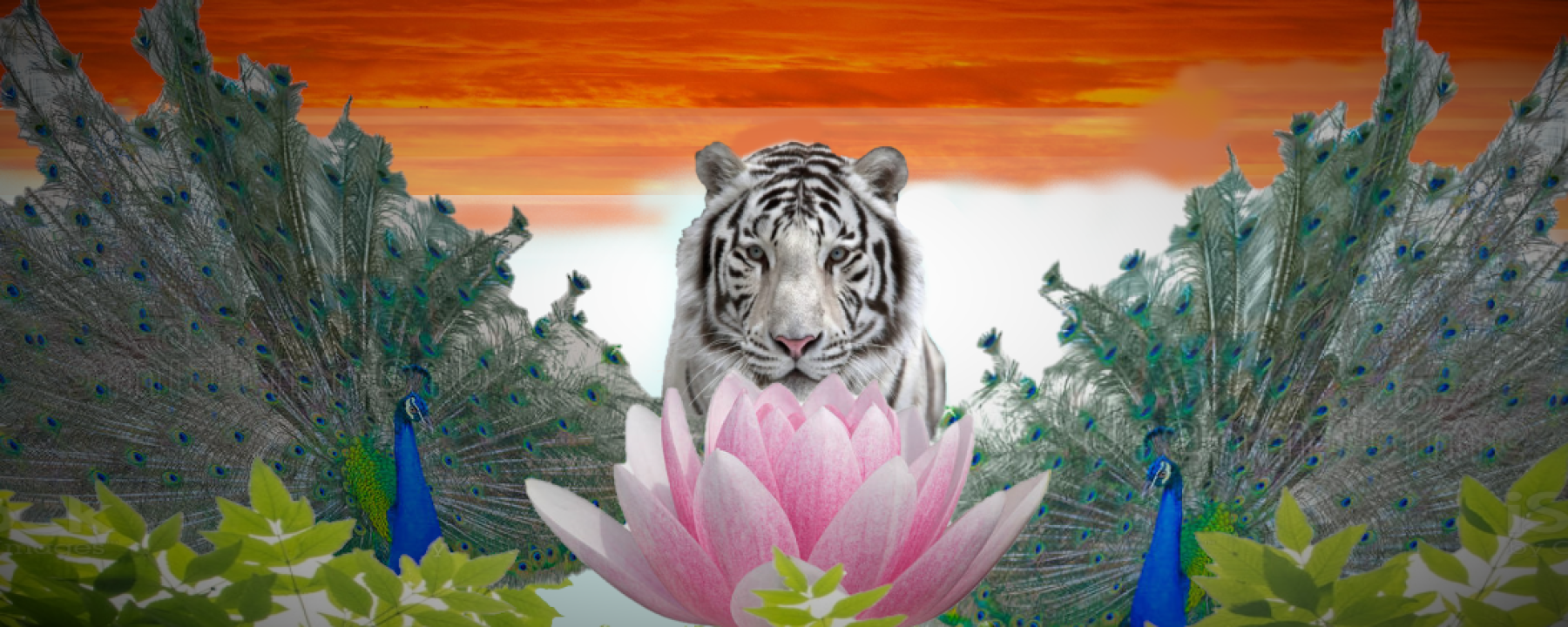World Pangolin Day is celebrated on the third Saturday in February, and this year, the special day falls on February 19, 2022!

World Pangolin Day is an opportunity for pangolin enthusiasts to join together in raising awareness about these unique mammals — and their plight. Pangolin numbers are rapidly declining in Asia and Africa.
Pangolins are unfortunately one of the most heavily trafficked mammals in the illegal wildlife trade.
The demand for pangolins comes mostly from China, where pangolin scales are unfortunately believed to be a cure-all of sorts and pangolin flesh is considered a delicacy. In Vietnam, pangolins are frequently offered at restaurants catering to wealthy patrons who want to eat rare and endangered wildlife. There is no evidence to support claims regarding medicinal properties of pangolin scales or any other part of the pangolin.

Pangolins, also known as scaly anteaters, are unique creatures that are covered in hard, plate-like scales. They are insectivorous (feeding nearly exclusively on ants and termites) and are mainly nocturnal. Their name, “pangolin”, is derived from the Malay word “pengguling”, which loosely translates to “something that rolls up”. Together, the eight species comprise their very own Order: Pholidota.
There are a total of eight species of pangolin on our Planet, and all pangolin populations are declining, due to the illegal trade for meat.
Pangolin In India
Kingdom: Animalia
Phylum: Chordata
Class: Mammalia
Order: Pholidota
Family: Manidae
Genus: Manis
Indian Pangolin (also called Thick-tailed Pangolin), Manis crassicaudata. Of the eight extant species of pangolin, the Indian Pangolin Manis crassicaudata and Chinese Pangolin M. pentadactyla occur in India.


Indian Pangolin is a large anteater covered dorsally by 11-13 rows of scales. The adult male is about one-third larger than the female. A terminal scale is also present on the ventral side of the tail of the Indian Pangolin, which is absent in the Chinese Pangolin.

Its sticky tongue, which is longer than its body, is specially adapted for reaching and lapping up insects in deep crevices.

To tear open the anthills or termite mounds, it uses the powerful forelimbs that are armed with three disproportionately long claws. In sharp contrast, the hind legs have tough soles and short, blunt nails on the five toes. Unlike its African counterpart, the Indian pangolin does not climb trees, but it does value the presence of trees, herbs, and shrubs in its habitat because it is easier to dig burrows around them.

Within its range it is known by different names in India
| LANGUAGE | NAME | PRONOUNCIATION |
| Sanskrit | वज्रशल्क | Vajrashalka |
| Hindi | चींटीखोर | Chitikhor |
| Marathi | खवल्या मांजर | khawlyaa manjar |
| Chhattisgarhi | Saal khapri | Saal khapri |
| Assamese | বন-ৰৌ | bon-rou |
| Telugu | పొలుశు పంది or అలుగు | |
| Malayalam | ഈനാംപേച്ചി | eenampechi |
| Tamil | அலங்கு | azhungu or alangu |
| Odia | ବଜ୍ରକାପ୍ତା | bajrakapta |
| Sinhala | kaballewa | kaballewa |
| Kannada | ಚಿಪ್ಪು ಹಂದಿ | chippu handi |

The pangolin’s natural characteristics, such as its scaly skin, and especially its diet, based almost exclusively on ants and termites – insects representing adharma and demonic qualities in some literature – made the pangolin a powerful consumer of Demonic śakti (a demonic slayer)- and therefore an apotropaic animal. In some places killing pangolins is believed to be unlucky.

Major threats to pangolins in India are hunting and poaching for local consumptive use (e.g. as a protein source and traditional medicine) and international trade, for its meat and scales in East and South East Asian countries, particularly China and Vietnam.

Things you can do to help pangolins on World Pangolin Day and beyond
- TWEET using the hashtag #WorldPangolinDay
- LIKE the World Pangolin Day Facebook page
- SHARE pangolin information on your social media networks
- CREATE pangolin art — paint, draw, sculpt, taos jittoo
- EDUCATE by giving a presentation about pangolins at school
- SUPPORT organizations which are working to protect pangolins
- HOST a World Pangolin Day party or event (post your photos on the World Pangolin Day page!)
- REQUEST full enforcement of laws and penalties for smuggling pangolins (and other wildlife)
- INFORM traditional medicine prescribers that the use of pangolin scales is illegal (and there are no proven health benefits to consuming scales — they are made of keratin, just like fingernails!)
- NOTIFY the authorities if you see pangolins for sale at markets or on restaurant menus, or if you know of anyone capturing or possessing pangolins

Today this Demon slayer need our help
#savepangolins #saveecology #saveprakriti
Comment and tell us your thoughts
Now you can also join our WhatsApp group 👉Environment India
To join our ENDIAN group ENDIAN spread your word
🌱🇮🇳🌱

